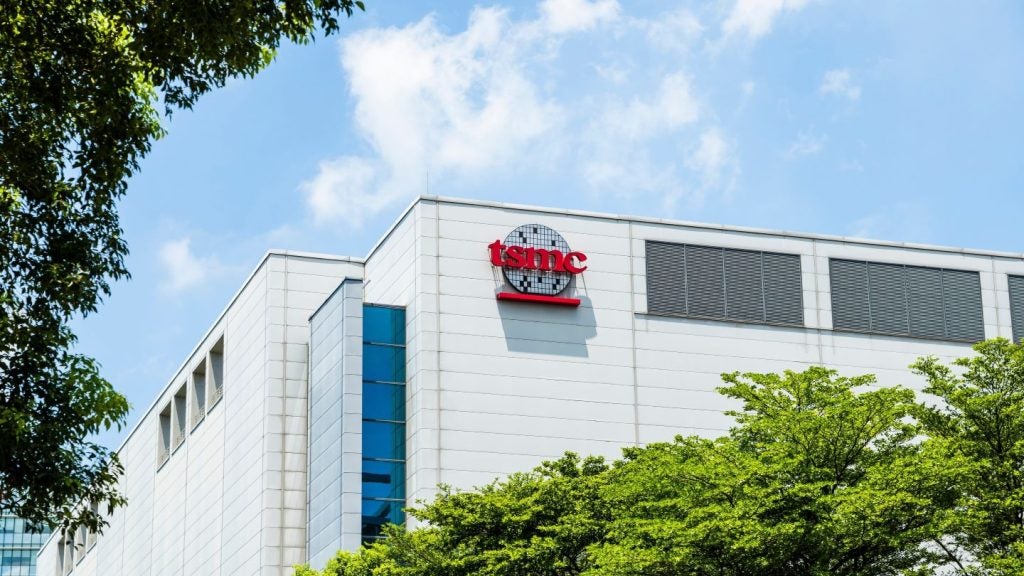
There is no such thing as a free lunch in Silicon Valley anymore. After sacking more than half of the company’s workforce, Twitter’s new owner Elon Musk announced that remaining employees would no longer enjoy free food at work. In fact, November 2022 marks the end of a decade of job security and perks for all Bay Area Big Tech employees.
In the same month, Meta announced its first ever lay-offs, sacking 11,000 employees, representing around 13% of its workforce. Similarly, in mid-November Amazon announced it would lay off 10,000 white-collar workers, representing around 3% of its workforce. While Silicon Valley’s employee base shudders at the prospect of hard times ahead, Big Tech operations around the world have just as much, if not more, to lose. Twitter’s cost-cutting drive has already seen the company lay off its Ghanaian workforce, essentially closing its Africa operations, as well as laying off 90% of its 200-strong Indian operations.
For global tech hubs, the loss of potential economic growth resulting from the withdrawal Big Tech investments is incalculable. Foreign tech companies bring high-value job creation, knowledge transfer and the prestige of a Big Tech anchor company to attract further foreign direct investment (FDI) – the loss of which is a prospect that many global locations will be anticipating. But which countries have the most to lose?
Our FDI Multinational Companies Database tracks the creation of global subsidiaries demonstrating companies’ investment location decisions. A closer examination of US tech giants Amazon, Twitter, Meta, Microsoft and Alphabet demonstrates where Big Tech subsidiaries are located and therefore which global hubs have most to lose from the current economic turmoil.
Where are most Big Tech subsidiaries located?
According to our Multinational Companies FDI database, Ireland has 11 Big Tech subsidiaries, by far the highest number outside the US. The UK and Singapore register three subsidiaries each, Australia, the Netherlands and Germany two subsidiaries each and all other countries surveyed just one subsidiary, making Ireland the country with the standout vulnerability to Big Tech’s lay-offs.
Ireland’s capital city of Dublin, in particular, has reaped the benefit of Big Tech investment over the past two decades with Alphabet, Amazon, Twitter, Microsoft and Meta all choosing the city as a global investment destination. According to a report by Ireland’s Central office of Statistics (COS), the creation of Ireland’s technology industry can be traced back to “large foreign multinational enterprises that established FDI operations in Ireland in the latter part of the 20th century”. While this link between Ireland’s technology industry and FDI is indisputable, FDI in technology has become increasingly linked to Ireland’s overall prosperity.
In recent years, multinational tech companies clustered around Dublin’s regenerated docklands have brought both tax revenue and economic growth to the city. According to the COS, foreign technology corporations employed around 50,000 people in Ireland in 2019. However, in early November 2022, Twitter, Meta and payment technology company Stripe all announced significant lay-offs in Dublin. The move signals a potential reversal of fortune for the region, in what some would say is an inevitable outcome of Ireland’s over-reliance on Big Tech investment.
However, Investment Monitor chief economist Glenn Barklie points out that while the recent lay-offs will raise eyebrows on Ireland’s tech industry, there is an important distinction to be made. “These are company-specific issues," he says. "The tech industry is the largest FDI sector in the world in terms of projects, and global economic growth depends on its ability to adapt and progress. There will undoubtedly be hiccups on the way.”
Barklie adds that the fact that Ireland was able to attract these tech behemoths in the first place is still a big vote of confidence for the country, irrespective of the lay-offs announced in 2022. “Ireland’s proposition remains very strong and the tech companies are still present after investing huge sums over several years – and more tech companies will invest in the future,” he says.
Ireland remains positive on tech FDI
Investment promotion agency IDA Ireland reiterates this positive outlook based on its current data. According to IDA Ireland, growth in employment in 2021 brought the number of people employed as a result of FDI in Ireland to 275,384, up from 258,558 in 2020 across all sectors. Job losses remained at a relatively modest level relative to the size of the overall portfolio, resulting in extremely strong net employment growth in 2021 (a 16,826 net increase). That investment growth continued in the first half of 2022, returning FDI employment creation plans to above the pre-pandemic record levels in 2019, despite a continuing challenging global environment.
In the technology sector, IDA Ireland data shows there are 300 enterprise technology companies active in the country in this sector, with fintech, consumer technologies and automotive technologies bringing that number up to more than 500. In terms of jobs, 106,000 people were employed in the information and communication technology services sector in 2021, an increase of almost 9% over 2020 figures.
IDA Ireland CEO Mary Buckley reiterated in a public statement that she believes investors’ commitment to Ireland remains strong and the country's value proposition as a place to do business remains a compelling one. A testament to Ireland’s Big Tech collaboration, IDA Ireland presented Alphabet with its Special Recognition Award in 2021 for the company’s FDI contributions to the country over the past 18 years. Google’s European headquarters in Dublin is the largest outside the US, employing more than 8,000 people in Ireland.
Meanwhile, in an interview with RTE in April 2022, Alphabet CEO Sundar Pichai reasserted the company’s commitment to Ireland, saying it had invested $1.5bn over the past five years, which indicated how committed the company was to the country. However, global economic headwinds all signal hard times ahead and it remains to be seen to what extent Big Tech’s commitment to Ireland will be tested in the coming months.







